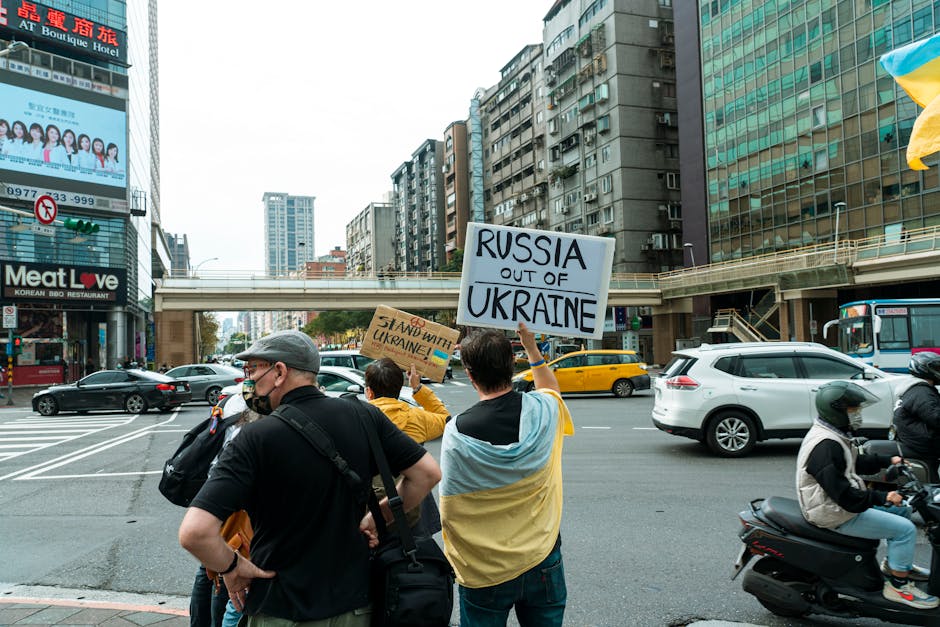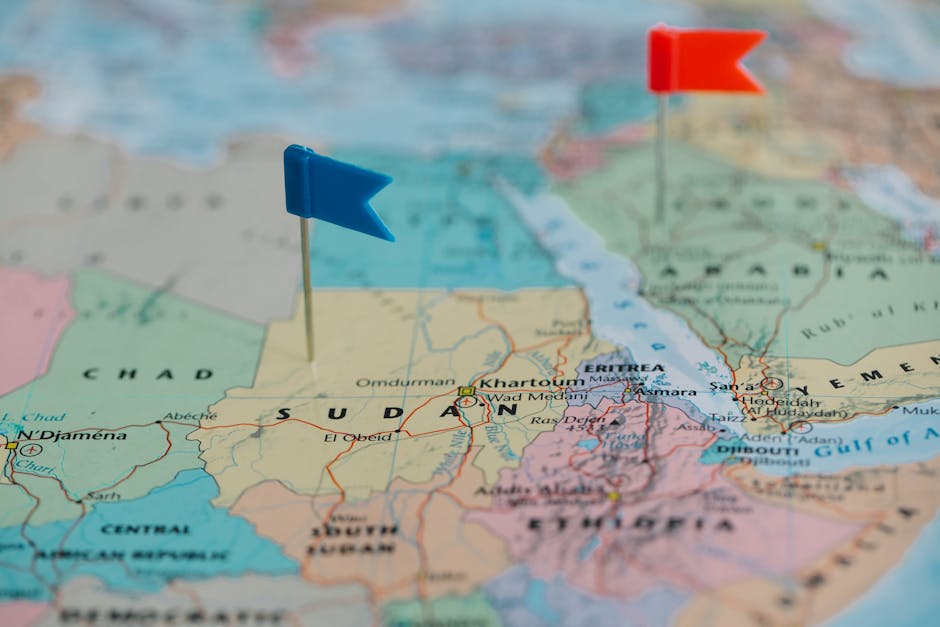The ongoing conflict in Gaza has reignited global debates about war crimes and accountability. With rising civilian casualties and widespread destruction, the pressing question remains: Is there enough international political will to investigate alleged war crimes in Gaza?
The Context of the Gaza Conflict
The Gaza Strip, a densely populated Palestinian territory, has been a hotspot for violence for decades. The latest escalation, beginning in October 2023, has been particularly devastating, with reports of disproportionate force and civilian casualties. International organizations and media outlets have called for independent investigations into potential war crimes by both Israeli forces and Palestinian groups like Hamas.
Legal Framework for War Crimes
War crimes, defined under international law, include attacks on civilians, indiscriminate bombings, and the use of human shields. The International Criminal Court (ICC) has jurisdiction to investigate such crimes, but its effectiveness relies on the cooperation of member states and the broader international community.
The International Response
The global response to the Gaza conflict has been divided. Some nations and organizations have demanded accountability, while others, influenced by geopolitical alliances, have been hesitant. The U.S., a staunch ally of Israel, has historically blocked international efforts to hold Israeli officials accountable. Similarly, some Arab nations have avoided criticizing Hamas, citing solidarity with the Palestinian cause.
The United Nations has repeatedly called for ceasefires and investigations, but its resolutions often face resistance. Past UN Human Rights Council inquiries have been dismissed as biased, further complicating efforts to address war crimes.
Challenges to Accountability
Probing war crimes in Gaza faces significant hurdles. Israel has restricted access to international investigators and journalists, citing security concerns, while Hamas’s control over Gaza limits external evidence gathering. Additionally, the politicization of the Israeli-Palestinian conflict undermines the legitimacy of investigations, with accusations of bias from all sides.
The Role of Public Opinion
Public opinion is a driving force in shaping political will. Social media and grassroots movements have amplified calls for justice, pushing some governments to act. However, opinions remain deeply divided. Supporters of Israel argue it has the right to self-defense, while critics accuse it of violating international law. Views on Hamas also vary, with some seeing it as a resistance movement and others as a terrorist organization.
The Path Forward
Achieving accountability requires depoliticizing the issue and prioritizing justice over geopolitical interests. The ICC and other international bodies must be empowered to conduct impartial investigations, with full cooperation from all parties. Addressing the root causes of the conflict, such as the Gaza blockade and the broader Israeli-Palestinian dispute, is also essential.
The question of international political will to probe war crimes in Gaza is a litmus test for global commitment to justice and human rights. Without accountability, the cycle of violence and suffering will persist, jeopardizing the prospects for lasting peace.




